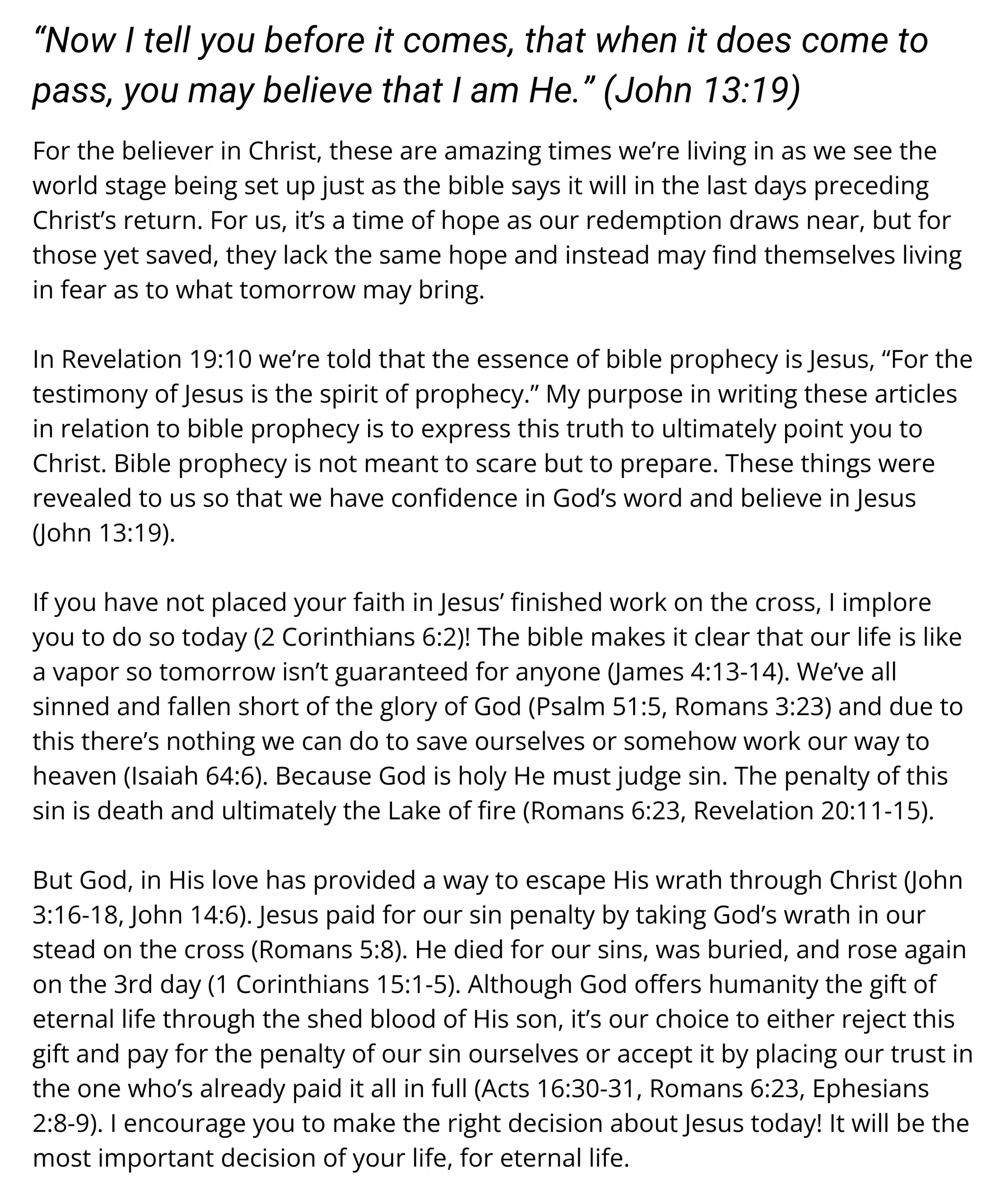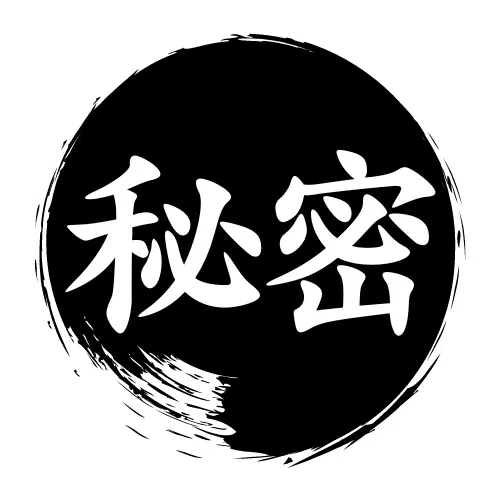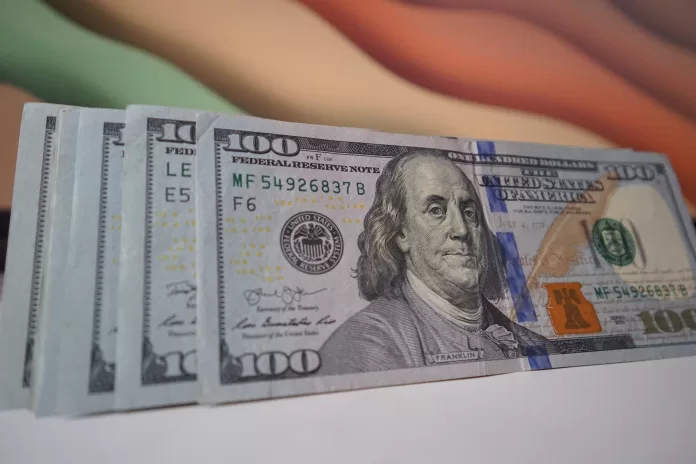A temporary basic income or universal basic income (UBI) is essentially a system in which the government gives a guaranteed income to its citizens. This may or may not come with certain conditions that must be met before the income can be received.
In this case what the UN is suggesting is temporary and not a permanent or prolonged fix to the issue – at least that’s what they say. The issue of course being the coronavirus pandemic. That all sounds great right? Who wouldn’t want to receive a few extra hundred or thousand dollars especially when times are tough? But if there’s potentially no end in sight with this pandemic, how temporary of a solution would this really be?
Many people are indeed suffering due to this pandemic but is this really the best solution? I’m no economist but where would this money be coming from? Could there be negative impacts to the economy itself due to this system? Also, isn’t there a possibility that as things get worse, the citizens who receive this income get used to it?
If that occurs, what stops governments from adding more conditions in order to continue to receive this income lest they take it away from you? That in essence, would be a control mechanism that could be used to leverage cooperation by the citizens by dangling a guaranteed income in front of their noses.
This isn’t something I concocted myself but are legitimate concerns raised by others. Alongside this is the general view that many could simply opt to receive this income and not work, inflation could be triggered, there could be no positive impact on the standard of living, etc.
We’ve already seen a myriad of totalitarian measures being employed worldwide this year all in the name of defeating the coronavirus pandemic. And now could implementing a UBI be added to the list?
A one world government has been offered as a solution to ease our woes while others are also proposing to move towards a health passport system like covi-pass. Many in positions of authority are even calling for a global reset and touting that the pandemic is the opportunity of a lifetime to reshape our world for the better.
Masks have been mandated in many places and even going out without one could land you a fine and bar you from certain stores and establishments. Discussions are also being had as to if a covid-19 vaccine could be mandated and if not what measures could be taken to essentially “persuade” people to do so. Knowing what kind of crazy year 2020 has been, should the scenario presented above really be seen as something too far-fetched to occur?
I don’t believe so. As more Americans (and people in general) are becoming more accepting of a UBI of some kind while we’re also seeing a growing embrace for socialism and socialist ideologies (specifically here in the US), I do believe this is a topic that should concern us.
U.N. report suggests temporary basic income to help world’s poorest amid pandemic
From Reuters: A temporary basic income for the world’s poorest 2.7 billion people in 132 developing countries could help slow the spread of the coronavirus by allowing them to stay home, according to a U.N. Development Programme (UNDP) report released on Thursday.
The report suggests three options – top-ups on existing average incomes, lump-sum transfers linked to differences in the median standard of living across a country or uniform lump sum transfers regardless of where someone lives in a country.
“Unprecedented times call for unprecedented social and economic measures. Introducing a temporary basic income for the world’s poorest people has emerged as one option,” said UNDP Administrator Achim Steiner. “Bailouts and recovery plans cannot only focus on big markets and big business.”
The coronavirus has infected at least 14.8 million people and there have been more than 610,000 known deaths worldwide, according to a Reuters tally. The United Nations has warned that the pandemic and associated global recession could trigger an increase in poverty worldwide for the first time since 1990 and push 265 million people to the brink of starvation. The UNDP report suggests that one way countries could pay for a temporary basic income would be repurposing billions of dollars that would have been spent servicing their debt. Read More
What Is Universal Basic Income?
From The Balance: Universal basic income is a government-guaranteed payment that each citizen receives. It is also called a citizen’s income, guaranteed minimum income, or basic income. The intention behind the payment is to provide enough to cover the basic cost of living and provide financial security. The concept is also seen as a way to offset job losses caused by technology.
Plans differ on who receives the income. Some would pay every citizen, regardless of income. Others would only pay those who are below the poverty line, whether they are working or not.
One proposal would pay just those left jobless due to robotics, a plan that 48% of Americans support. The government sends the check, but plans differ on who funds the income. Some plans call for a tax increase on the wealthy, while others say corporations should be taxed.
Universal basic income is a program where every citizen receives a flat monthly payment, regardless of whether they’re working and earning an income or not. Different programs outline who exactly receives the income—some state that all citizens would get it regardless of what they make, while other programs may only give it to those who fall below the poverty line.
In 1967, Martin Luther King Jr. said a guaranteed income would abolish poverty. That means reducing income inequality as well. Economist Milton Friedman proposed a negative income tax. The poor would receive a tax credit if their income fell below a minimum level. It would be equivalent to the tax payment for the families earning above the minimum level…
…If everyone suddenly received a basic income, it would create inflation. Most would immediately spend the extra cash, driving up demand. Retailers would order more, and manufacturers would try to produce more. But if they couldn’t increase supply, they would raise prices.
Higher prices would soon make the basics unaffordable to those at the bottom of the income pyramid. In the long run, a guaranteed income would not raise their standard of living.
Oren Cass, a Senior Fellow at the Manhattan Institute, says it would make work seem optional.11 Many recipients might prefer to live on the free income rather than get a job. They would not acquire work skills or a good resume. It could prevent them from ever getting a good job in a competitive environment. It could reduce an already-falling labor force participation rate. Read More
Prophetic Implications
When we look at the issue of a UBI on its own, it may not seem like a topic worth talking about. However, as stated earlier in the article, this is not coming in a vacuum, meaning, this isn’t something occurring on its own but in conjunction with other initiatives. Although the U.N. is playing the hero role by promoting a temporary basic income as a positive way forward, to me, it appears that this may be something that largely benefits them as it appears to align with a few of their objectives as outlined in the 2030 Agenda for Sustainable Development. Below are a few points that reflects this:
- Section “The new Agenda” – Item 27: “We will seek to build strong economic foundations for all our countries. Sustained, inclusive and sustainable economic growth is essential for prosperity. This will only be possible if wealth is shared and income inequality is addressed.”
- Goal 10. Reduce inequality within and among countries: 10.3 – “Ensure equal opportunity and reduce inequalities of outcome, including by eliminating discriminatory laws, policies and practices and promoting appropriate legislation, policies and action in this regard”
- Goal 10. Reduce inequality within and among countries: 10.4 – “Adopt policies, especially fiscal, wage and social protection policies, and progressively achieve greater equality“
- Means of implementation and the Global Partnership: “We reaffirm our strong commitment to the full implementation of this new Agenda. We recognize that we will not be able to achieve our ambitious Goals and targets without a revitalized and enhanced Global Partnership and comparably ambitious means of implementation. The revitalized Global Partnership will facilitate an intensive global engagement in support of implementation of all the goals and targets, bringing together Governments, civil society, the private sector, the United Nations system and other actors and mobilizing all available resources.”
Although this may all look good on the first read, we must pay attention to the wording. They’re aim is to allow for wealth to be shared and uphold “equality” while reducing “inequalities of outcome”. This sounds like bringing everyone down to an even playing field (communism in a nutshell) which in essence gives that “equal opportunity” and equal outcomes they desire.
One thing that isn’t specified is what exactly that will look like. How do they intend to realize these goals and many others? By an “enhanced global partnership” of course, an idea that echoes the cries of a one world governing system we’ve been hearing throughout this year even by United Nations Secretary General Antonio Guterres himself.
A UBI type system may be just the thing that will help put their other goals into place, possibly laying the foundation. Unsurprisingly, Pope Francis himself came out in April 2020 in support of a UBI. That alone is reason enough for me to ask some serious questions about this initiative when considering the fact that much of what the Pope does now a days is striving to bridge various world religions together, something clearly contrary to God’s word. Below’s a few articles that highlights a bit of what he’s up to.
We’re currently living in a world that’s increasingly embracing globalism, the redistribution of wealth, shared resources (and abolishing of private property), a cashless society, etc. My point here is to emphasize how we’re seeing these things come together. They’re not independent of each other but separate parts of a larger agenda that we also need to pay attention to.
Much of this will chip away at out rights and personal freedoms until we have none left. It’s a picture the bible paints for us of the tribulation period and specifically pertaining to the mark of the beast system. As we see more of this come into fruition, it clearly shows us the nearness of the tribulation period and even closer, the rapture of the church.

Sources
- U.N. report suggests temporary basic income to help world’s poorest amid pandemic (July 22nd, 2020) – Reuters
- What Is Universal Basic Income? (June 10th, 2020) – The Balance
- Pope Francis: ‘This may be the time to consider a universal basic wage’ (April 13th) – CNBC
- Basic Income Earth Network




 Support the Ministry
Support the Ministry